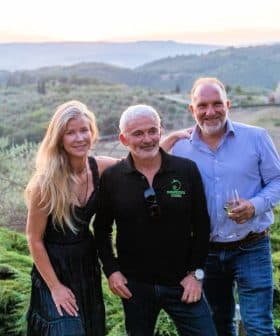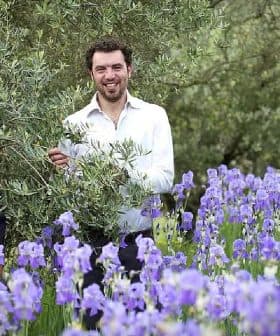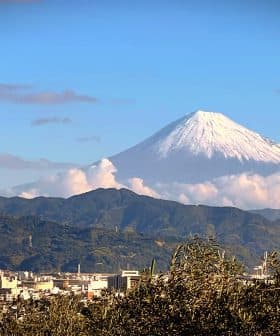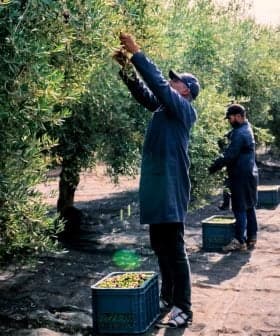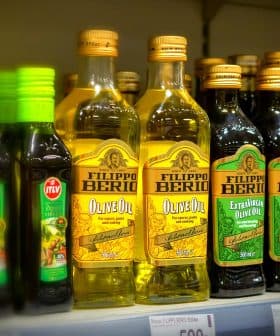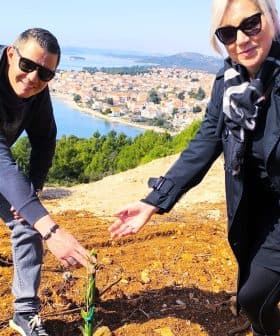Torres Family Expands Legacy With Award-Winning Results
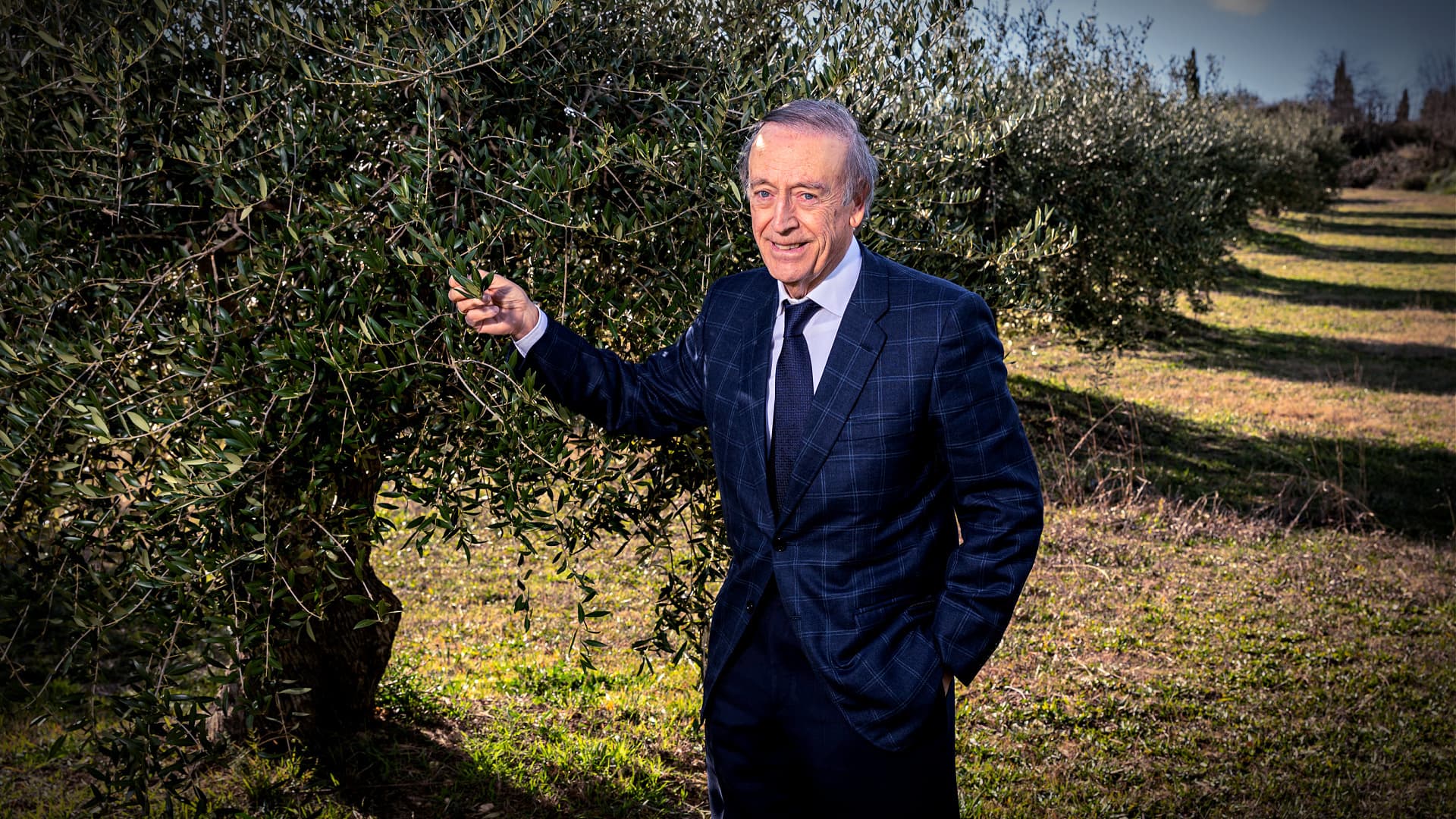
The Torres family, known for their wine production in Catalonia, has expanded into olive oil production and gourmet food exports, earning prestigious awards for their high-quality oils. Despite challenges like drought and climate change, Torres Import remains focused on producing unique, high-quality extra virgin olive oils and maintaining authenticity and quality in the market. Their business includes a significant focus on exports, particularly to the United States, where they navigate challenges such as tariffs to ensure their products reach consumers.
Over the past four centuries, the Torres family has been involved in grape growing and wine making in the northwestern Spanish region of Catalonia.
However, the fifth-generation winemakers have since expanded into extra-virgin olive oil production and gourmet food exports, maintaining a meticulous dedication to detail that helped propel the wine brand to become one of the world’s most renowned.
“Torres Import was founded in 1978 with the aim of offering the finest food products in Europe,” Magda Martí Vargas, the company’s commercial manager, told Olive Oil Times.
“At that time, it was a gourmet product distributor that, over the years, and given the quality of the estates owned by the Torres family, took the initiative to produce extra virgin olive oils and wine vinegars from our olive trees,” she added.
Torres Import produces olive oil from its grove of centenary and younger olive trees on the Purgatori estate in L’Aranyó, Lleida, about 90 kilometers northwest of Barcelona.
Since 2017, the export branch of the family company has regularly participated in the NYIOOC World Olive Oil Competition, earning a Gold Award at the 2025 edition for its Eterno brand, a medium-intensity Arbequina. The brand was previously awarded in 2017, 2019, 2022 and 2023.
See Also:Producer ProfilesThe company has also been awarded for its Purgatori brand in 2021 and 2022, produced from 400-year-old Picudo, Rojal and Farga olives, along with Arbequina.
“For us, it is an honor and privilege to have a Gold Award in recent editions of NYIOOC,” Martí said. “In terms of prestige, people recognize the importance of the competition, and this implies that they are aware of the work and effort involved in continuing to harvest such high-quality oils.”
Catalonia is the fourth-largest olive oil-producing region in Spain, after Andalusia, Castilla-La-Mancha, and Extremadura. However, its olive harvests have been crippled in recent years due to prolonged drought.
“In Catalonia, we experienced a prolonged drought. The 2022, 2023 and 2024 harvests have been particularly dry throughout the year,” Martí confirmed. “In 2024, a few liters of rain fell in spring, allowing for good ripening in the cooler areas of the estate. We also have a portion of the estate under irrigation.”
According to data from Spain’s Ministry of Agriculture, Fisheries and Food, Catalan olive oil production fell to 15,233 tons in the 2024/25 crop year, down from 32,717 tons in the previous year.
“Overall, we can say that the harvest was lower than other harvests, and the mill yields were low,” Martí said. “During the harvest period, there were no rainy episodes, allowing the olives to be picked at their optimal ripeness.”
“During the 2024 harvest, the estate’s main challenge has been the accumulated drought in areas without support irrigation,” she added. “Without the spring rains, the desired quality would not have been achieved.”
Indeed, Catalan authorities recently lifted nearly all water restrictions in April as heavy spring rain raised reservoir capacity above the 60 percent threshold.
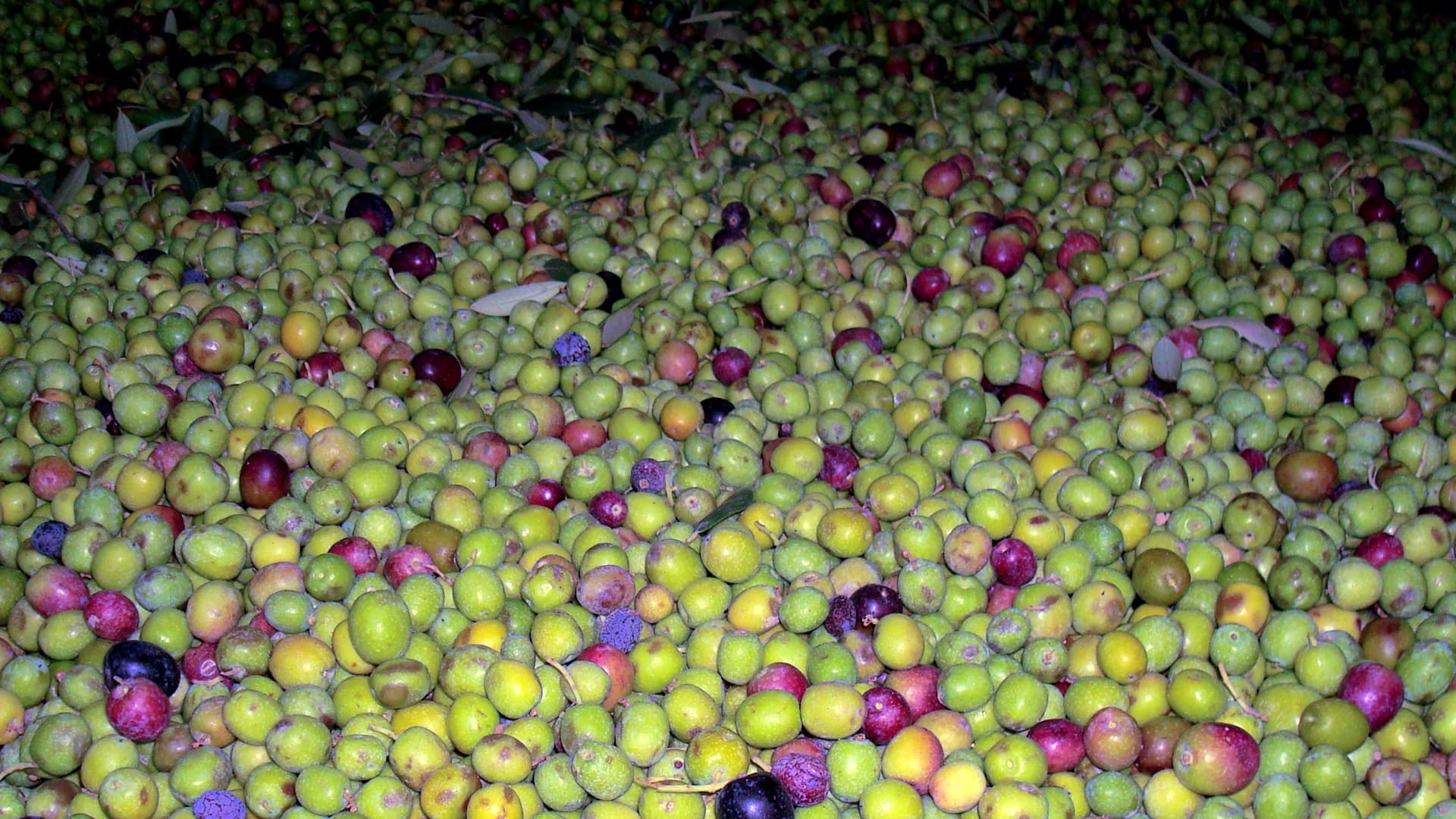
While the company’s Eterno brand is made with Arbequina olives, they also cultivate endemic Picudo, Rojal and Farga varieties. (Photo: Torres Import)
However, regional officials and Torres Import are mindful that this may be a reprieve and are preparing for a hotter and drier climate in the future.
“Water, as in other areas of the Mediterranean, is a scarce resource,” Martí said. “Climate change poses a significant challenge. Periods of drought are expected to become more frequent, as are summer heat waves. Irrigation will be essential in the future, as will the way we obtain water via storing rainwater, using recycled water and aquifers.”
Despite Spain’s Minister of Agriculture, Fisheries, and Food announcing a global goal to bolster production and sell four million metric tons of olive oil annually, Martí does not expect production to increase in Catalonia due to climatic and topographic limitations.
“Catalonia is a small olive oil-producing region compared to other regions in Spain and around the world,” she confirmed. “Its terrain, with numerous mountain ranges, makes it difficult to plant large areas of olive trees. Mechanization can be challenging, so the focus must be on producing unique, high-quality oils.”
As a result, she said Torres Import focuses on producing high-quality extra virgin olive oil, pricing their final product based on the cost of production and paying little attention to the falling olive oil prices at origin in Andalusia, the world’s largest producer by a wide margin.
“Torres Import always emphasizes product quality; we focus on tastings and product presentation,” Martí said. “We don’t enter the price wars currently in place in the market, as we offer authenticity and quality.”
As the name suggests, a significant part of Torres Import’s business includes exports, especially to the United States.
Martí said the company had exported the most recent harvest ahead of the implementation of a near-blanket ten percent tariff on imports to the U.S. and would wait to see how the situation changes before making any decisions ahead of the 2025/26 harvest.
“For now, our importers purchased at the beginning of the harvest and stocked up on product,” she said. “We will see how this affects us in the future; however, we hope everything returns to normal.”


